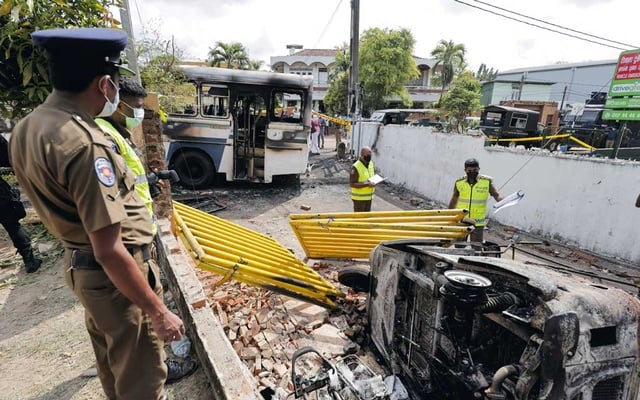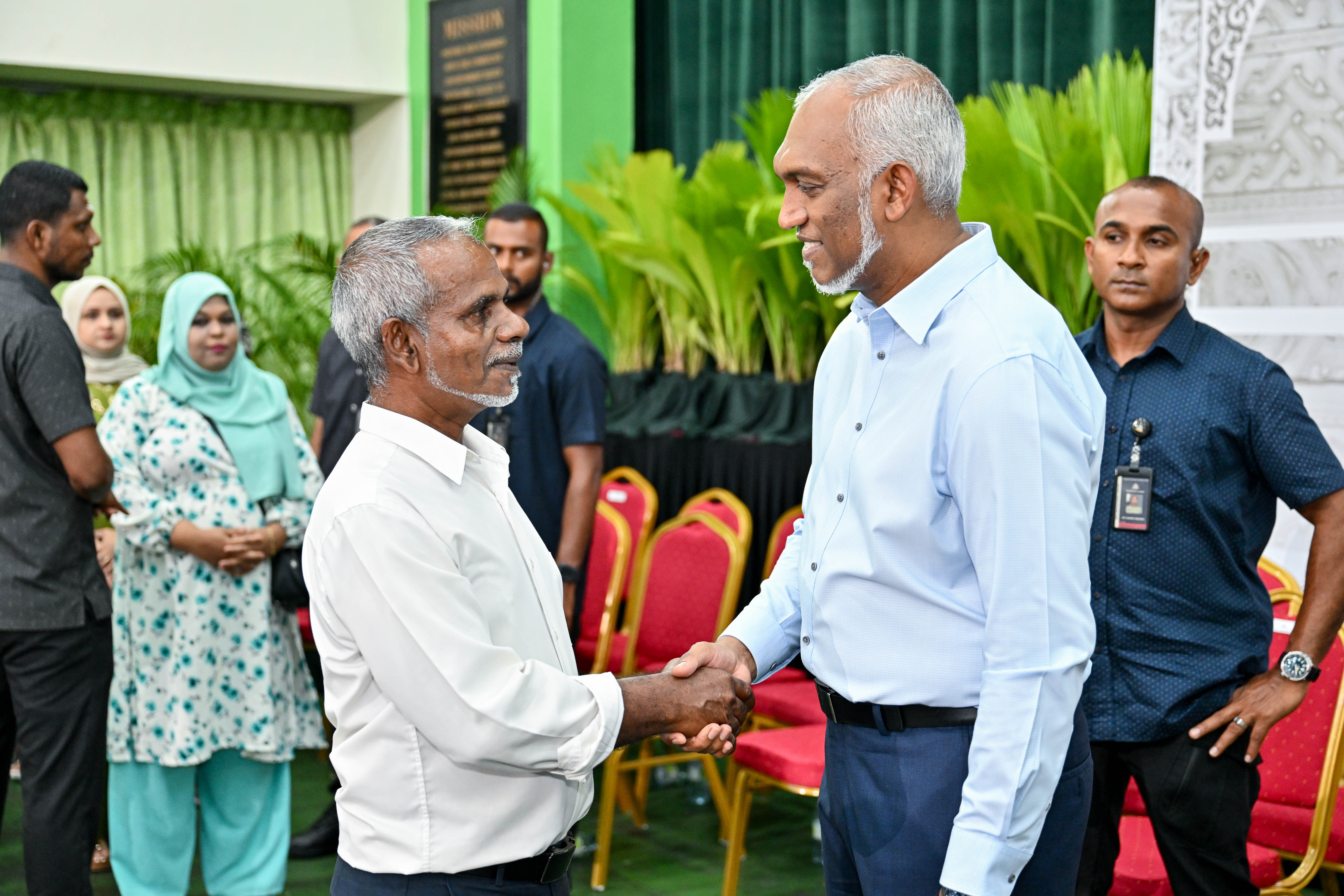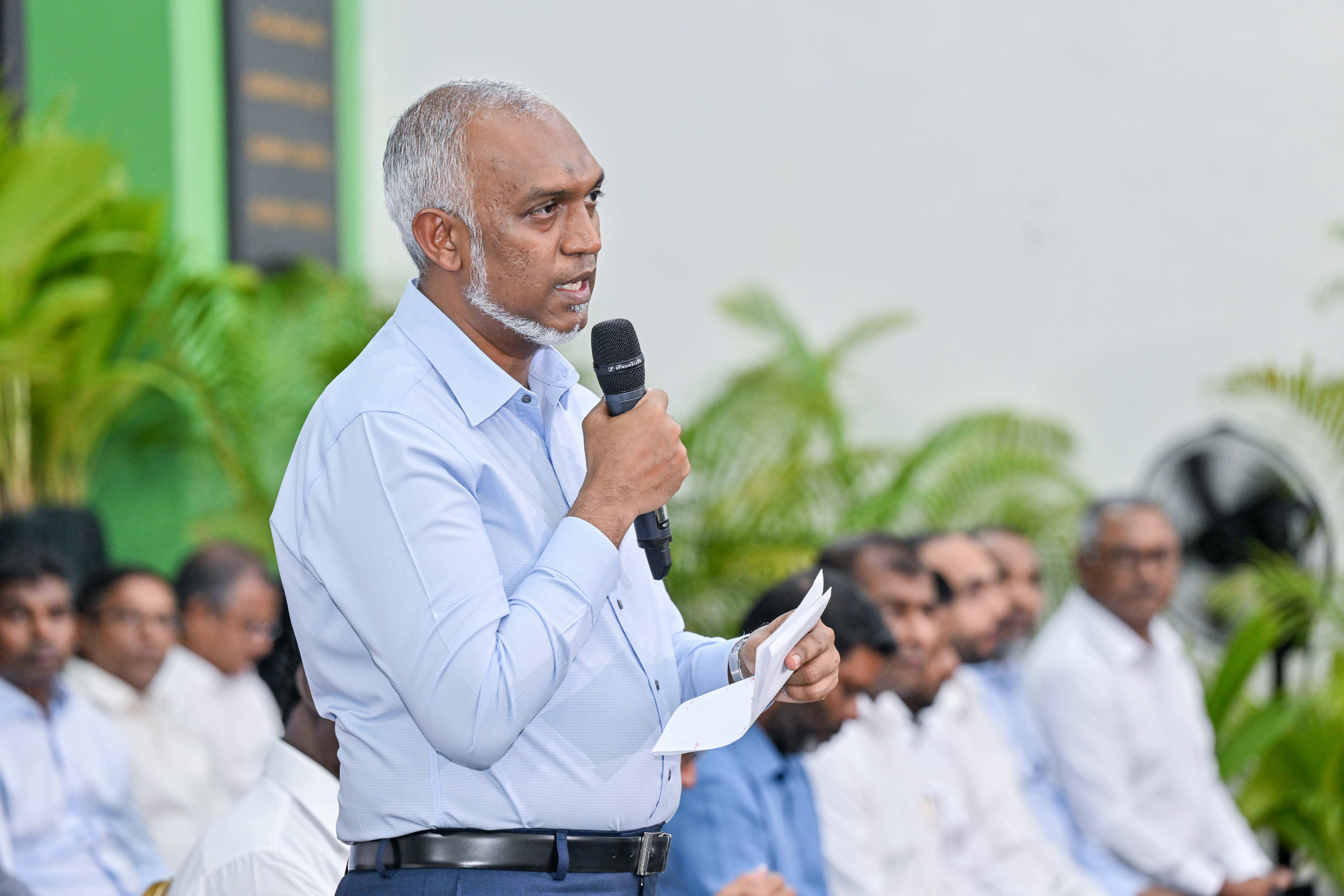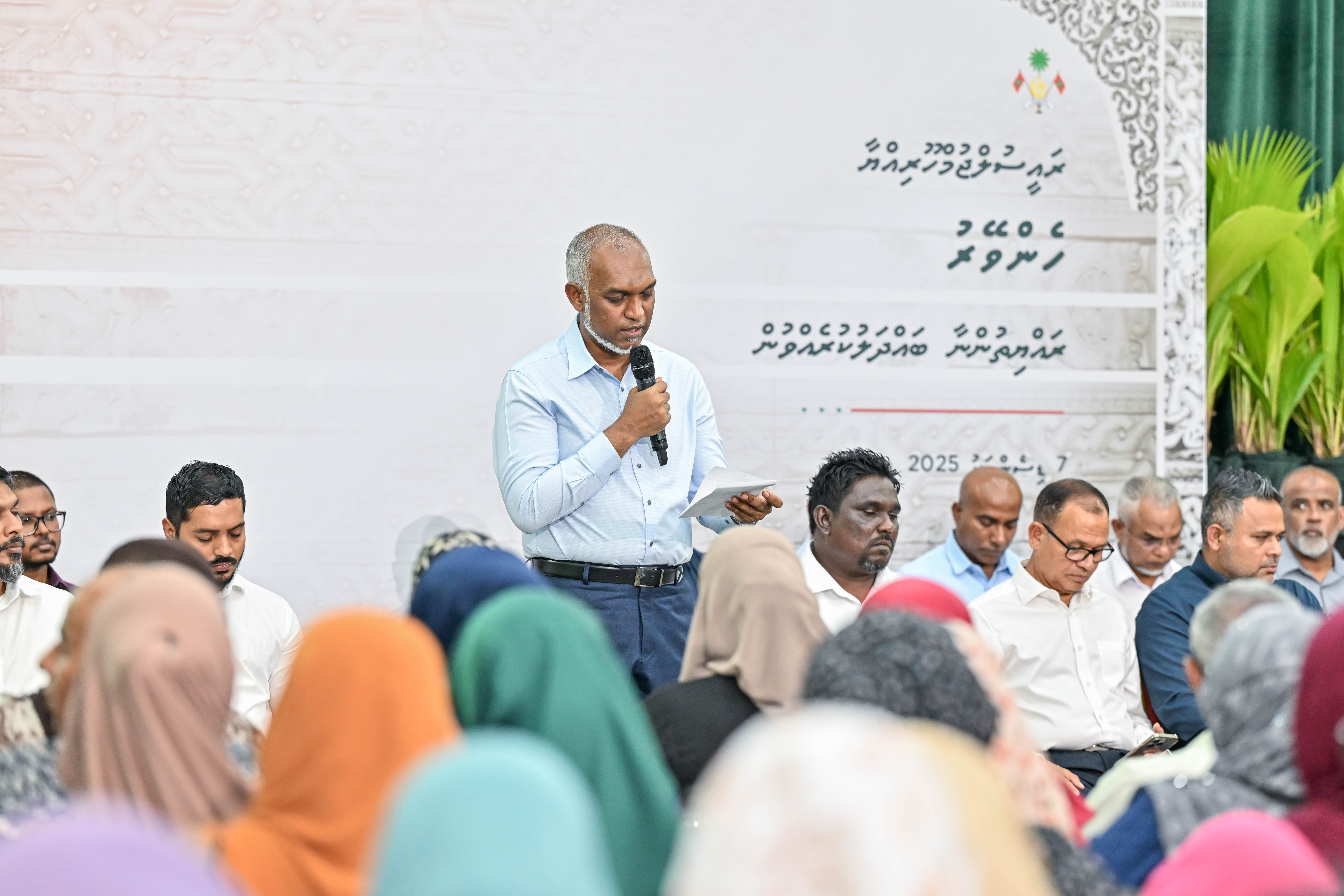Shops opened in Sri Lanka’s capital city Colombo amid tight security on Saturday — the first day after a state of emergency was declared to tackle growing unrest amid an unprecedented economic crisis.
In an order late on Friday, President Gotabaya Rajapaksa invoked tough laws that allow the military to arrest and detain suspects. The state of emergency was necessary to protect public order and to maintain essential supplies and services, he said in a proclamation.
Angered by shortages of fuel and other essential items, hundreds of protesters on Thursday clashed with police and the military outside Rajapaksa’s residence as they called for his ouster and torched police and army vehicles.
Police arrested 53 people and then imposed a curfew in and around Colombo on Friday to contain other sporadic protests.
The island nation of 22 million people is grappling with rolling blackouts for up to 13 hours a day as the government scrambles to secure foreign exchange to pay for fuel imports.
The crisis — the result of economic mismanagement by successive governments — has been compounded by the COVID-19 pandemic, which has hit tourism and remittances.
The government has said it is seeking a bailout from the International Monetary Fund while asking for fresh loans from India and China.
In an order late on Friday, President Gotabaya Rajapaksa invoked tough laws that allow the military to arrest and detain suspects. The state of emergency was necessary to protect public order and to maintain essential supplies and services, he said in a proclamation.
Angered by shortages of fuel and other essential items, hundreds of protesters on Thursday clashed with police and the military outside Rajapaksa’s residence as they called for his ouster and torched police and army vehicles.
Police arrested 53 people and then imposed a curfew in and around Colombo on Friday to contain other sporadic protests.
The island nation of 22 million people is grappling with rolling blackouts for up to 13 hours a day as the government scrambles to secure foreign exchange to pay for fuel imports.
The crisis — the result of economic mismanagement by successive governments — has been compounded by the COVID-19 pandemic, which has hit tourism and remittances.
The government has said it is seeking a bailout from the International Monetary Fund while asking for fresh loans from India and China.


















